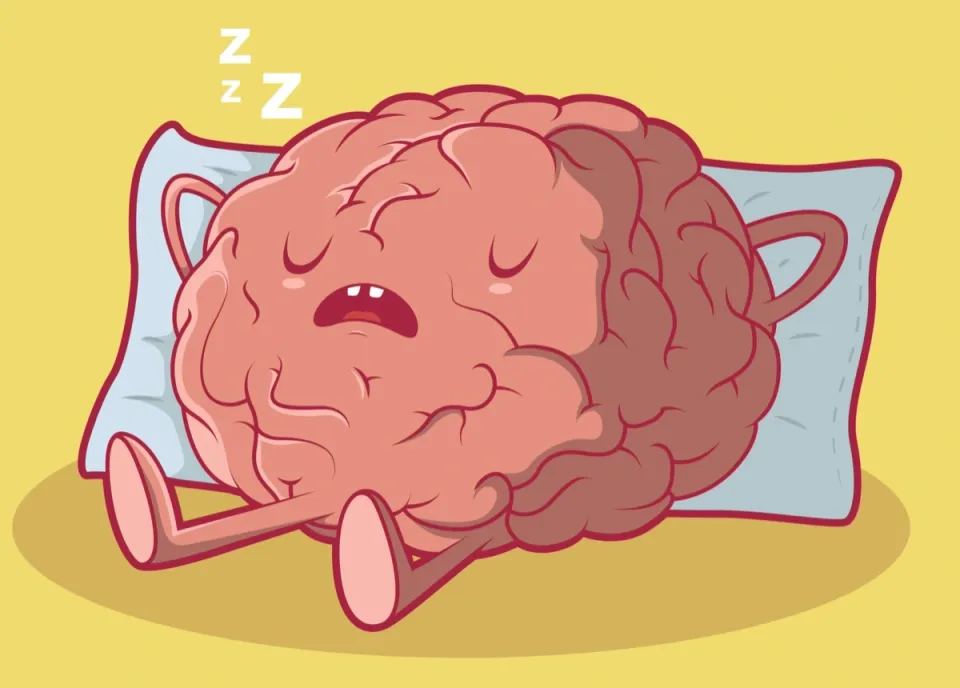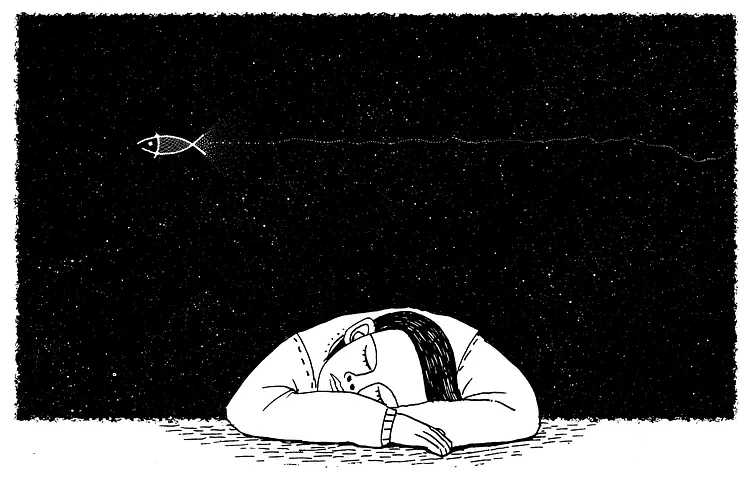Do You Want to Improve Your Brain Health? Start with Better Sleep Habits

Have you ever had a night of tossing and turning, only to feel groggy and unfocused the next day? Or have you ever noticed that you're more irritable and forgetful when you haven't had enough sleep?
It's no secret that sleep is crucial for our overall health and well-being, but did you know that it also plays a critical role in our brain health?
In this blog post, we will explore the connection between brain health and sleep and provide tangible tips to help you get the rest you need to keep your brain functioning at its best.
The Importance of Sleep for Brain Health
The brain is a complex organ that regulates everything from our thoughts and emotions to our physical movements and bodily functions. It's no wonder that getting enough restful sleep is essential for maintaining optimal brain health. Here's why:
- Consolidation of Memories: When we sleep, our brains consolidate memories and information that we've acquired throughout the day. Without enough sleep, our brains struggle to retain this information, leading to forgetfulness and reduced cognitive function.
- Restoration of Brain Cells: During sleep, our brain cells undergo a process called restoration. This process allows our cells to repair themselves and grow, which is critical for maintaining healthy brain function.
- Regulation of Mood: Sleep plays a vital role in regulating our mood and emotions. Without enough sleep, we are more prone to irritability, mood swings, and depression.
- Reduction of Inflammation: Sleep is also crucial for reducing inflammation in the body, including the brain. Chronic inflammation in the brain can lead to cognitive decline and an increased risk of neurodegenerative diseases like Alzheimer's and Parkinson's.
Tips for Better Sleep

Now that you understand the importance of sleep for brain health let's explore some tangible tips to help you get the restful sleep you need.
- Stick to a Sleep Schedule: Try to go to bed and wake up at the same time each day, even on weekends. This helps regulate your body's internal clock, making it easier to fall asleep and wake up refreshed.
- Create a Relaxing Sleep Environment: Make sure your bedroom is dark, quiet, and cool. Consider investing in comfortable bedding and pillows that promote restful sleep.
- Limit Screen Time Before Bed: The blue light emitted by electronic devices can disrupt your body's natural sleep-wake cycle, making it harder to fall asleep. Try to limit your screen time for at least an hour before bedtime.
- Avoid Caffeine and Alcohol: Both caffeine and alcohol can interfere with your ability to fall asleep and stay asleep. Avoid consuming these substances in the hours leading up to bedtime.
- Practice Relaxation Techniques: Techniques like deep breathing, meditation, and yoga can help calm your mind and prepare your body for restful sleep.
- Sleep Supplement: If you're struggling with chronic sleep issues or just looking to improve your sleep quality, consider trying Just Sleep & Relaxation. Our ultramodern sleep aid is designed to help you fall asleep faster and wake up feeling refreshed and ready to take on the day. Our natural, high-grade blend of nutrients is formulated to calm nerves, soothe muscles, and ease sleep-disrupting stress. Don't let poor sleep impact your brain health - take action and try Just Sleep & Relaxation today.
Getting enough sleep is crucial for maintaining optimal brain health. By prioritizing restful sleep and implementing the tips outlined in this post, you can give your brain the rest it needs to function at its best. So, put down your phone, dim the lights, and get ready for some restful sleep!